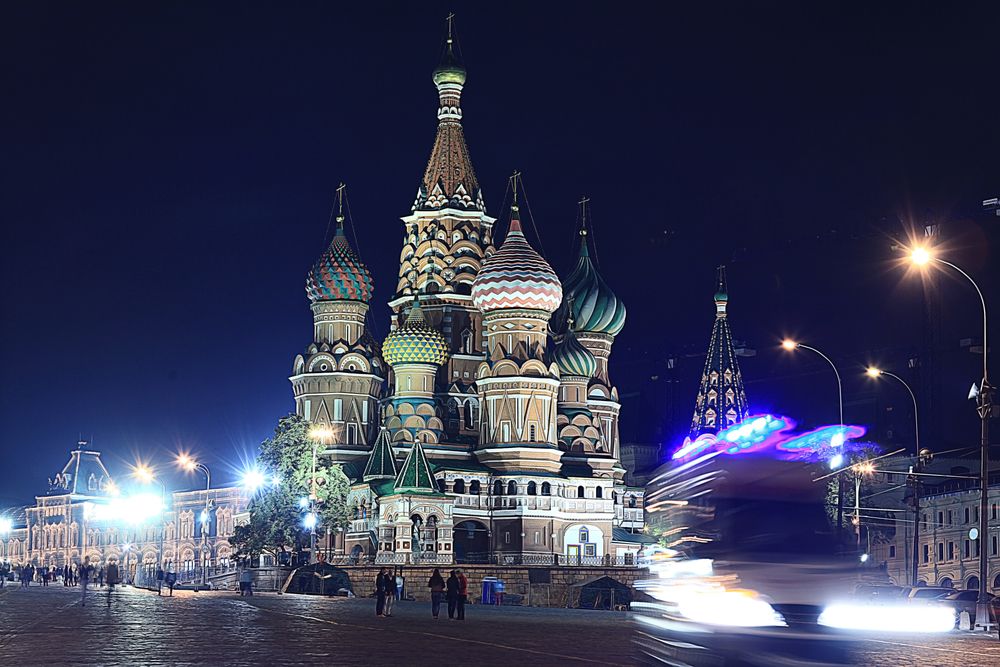The Lightning Network has struck the earth in one of the most challenging operating environments. Lagos, the capital of Nigeria — Africa’s most populous country — welcomed a new Bitcoin Lightning Network (LN) node this week, a vital step to better connect the continent to the layer-2 payments network that sits atop Bitcoin.
The node runs on an old laptop powered by a diesel generator, as Lagos regularly experiences energy and electricity blackouts.
In a discussion with Cointelegraph, Megasley, who operates the first Nigerian Lightning node of 2023 and the first active Lightning node in the country (other nodes are dormant), shared his vision for bringing instant, low-cost payments to Africa thanks to the LN.
”Light takes 50 milliseconds to cross the earth. This is quick, but with many hops, these milliseconds can add up. And when you’re standing at a point of sale waiting for your payment to clear, it can be frustrating.”
Megasley explained his wish for Africans to have payments that are instant and as close to free as possible. “If a Nigerian Bitcoiner and a Nigerian retailer are both connected to a node in Nigeria, it will give them the best Lightning experience,” Megasley added.
Nigeria Free Routing is live!
The lightning network is now alive and routing on the ground in Lagos .
Please share and support us by opening a channel to us: https://t.co/nClBZbW4zA pic.twitter.com/hGsKobyjzY
— Africa Free Routing
(@FreeRoutingAf) January 10, 2023
According to the explorer services Mempool and Amboss, the operator is currently the only active node on the map in Nigeria. By spinning up the node, the operator aims to make Lightning payments as accessible as possible to Africans.

When asked about the importance of building out an extensive network of nodes across the globe to facilitate Bitcoin payments, the node runner explained, “If Bitcoin is to succeed, it must become a better, easier, faster medium of exchange than the incumbents. To get there, we need to build out an extensive network of nodes across the globe to facilitate these payments.”
Megasley also touched on Bitcoin (BTC) price volatility and its perception in Africa: “People talk about the problem of volatility, but this is nothing when you live in a place where your money could easily lose half its value in a year.”
“Africa has rotten money controlled by rotten people, and this is why we need Bitcoin. We will take the power of money away from them so that the enormous potential of the African people can thrive.”
Indeed, there has been a surge in Bitcoin adoption among the countries that use the Central African franc, bolstered by Bitcoin conferences and forums in Senegal and Ghana. Although Nigeria has shown promising signs of Bitcoin adoption, such as legal tender discussion, the legacy financial system has imposed further restrictions in 2023.
For example, Nigerians will only be allowed to withdraw $44 dollars per week per individual and a maximum of $11,000 for businesses in 2023, as per the government’s efforts to phase out cash. As a reminder, Bitcoin has no limits or restrictions for its use. To transact freely on the Bitcoin network, users require only a phone and an internet connection.
Related: Bitcoin, Sango Coin and the Central African Republic
The establishment of a Bitcoin Lightning node in Nigeria is a significant step toward increasing accessibility and adoption of the cryptocurrency in the country and the continent as a whole. Ultimately, Megasley hopes to empower individuals and businesses in Africa to take control of their financial future.
Read More: cointelegraph.com









 GIZA
GIZA  Electronic USD
Electronic USD  Spectre AI
Spectre AI  Gunz
Gunz  Swarms
Swarms  Mamo
Mamo  ElonXCat
ElonXCat  Myro
Myro  IDEX
IDEX  Stafi
Stafi  Neuron
Neuron  Based Fartcoin
Based Fartcoin  Joe Coin
Joe Coin  Araracoin
Araracoin  Dar Open Network
Dar Open Network  MakerDAO Arbitrum Bridged DAI (Arbitrum One)
MakerDAO Arbitrum Bridged DAI (Arbitrum One)  sudeng
sudeng  Viction
Viction  Magpie
Magpie  MetaMUI
MetaMUI  Bitgert
Bitgert  Lumia
Lumia  AGENDA 47
AGENDA 47  Altura
Altura  League of Kingdoms
League of Kingdoms  ARPA
ARPA  Alkimi
Alkimi  Elephant Money
Elephant Money  StraitsX XUSD
StraitsX XUSD  Polkastarter
Polkastarter  Lava Network
Lava Network  Everscale
Everscale  Daddy Tate
Daddy Tate  StakeStone
StakeStone  DIMO
DIMO  Gems VIP
Gems VIP  Maya Protocol
Maya Protocol  Harvest Finance
Harvest Finance  Hanu Yokia
Hanu Yokia  district0x
district0x  Torus
Torus  MATH
MATH  Eafin
Eafin  Mango
Mango  Gochujangcoin
Gochujangcoin  Swell
Swell  BSquared Network
BSquared Network